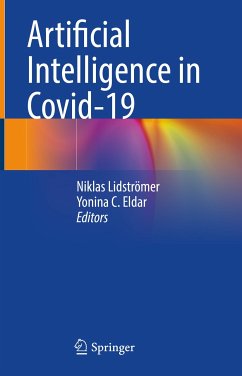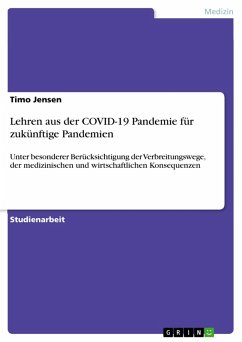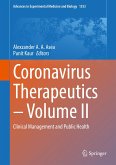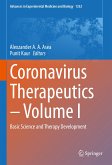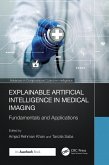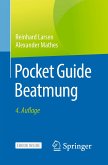This book contains a unique blend of the world's leading researchers, both in medicine, mathematics, computer science, clinical and preclinical medicine, and presents the research front of the usage of AI against pandemics.
Equipped with this book the reader will learn about the latest AI advances against COVID-19, and how mathematics and algorithms can aid in preventing its spreading course, treatments, diagnostics, vaccines, clinical management and future evolution.
Dieser Download kann aus rechtlichen Gründen nur mit Rechnungsadresse in A, B, BG, CY, CZ, D, DK, EW, E, FIN, F, GR, HR, H, IRL, I, LT, L, LR, M, NL, PL, P, R, S, SLO, SK ausgeliefert werden.

